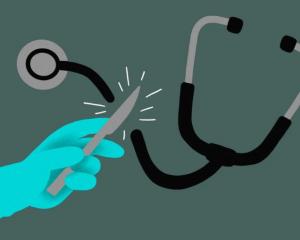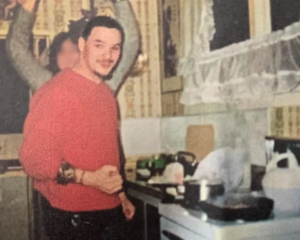The findings were presented at a transtasman anaesthetists' conference in Auckland yesterday, and are considered significant because they partly allay fears that infants are harmed by general anaesthesia.
General anaesthesia has been shown to affect brain development in animal studies.
At a press conference, Andrew Davidson, of the Royal Children's Hospital, in Melbourne, said the risk of harm had been of "enormous concern''.
The study involved babies in New Zealand, Australia, Italy, the Netherlands, the United Kingdom, Canada, and the United States undergoing hernia repair.
Researchers compared the effects of a general and a spinal (local) anaesthetic on long-term cognition, memory and motor skills.
Because many anaesthetists are nervous about spinal anaesthesia in babies, the researchers had to choose large hospitals, like Starship in Auckland, where they are routinely performed.
Prof Davidson acknowledged there had been criticism of the study, and researchers were following up the children three years later to ensure there were no effects that took longer to show up.
However, he did not think that would be the case.
"Because at 2 years there was absolutely no skerrick of a difference, the chances of there being much at 5 years is pretty small.''
One specialist had told Prof Davidson: "It means I can now go to work and enjoy my job, rather than worrying''.
"It caused enormous concern in the anaesthesia community, it's been rated as one of the biggest questions in anaesthesia.''
Another criticism was that hernia repair, at just under an hour, did not test the potential for harm from longer exposure.
Prof Davidson said he was involved in a new study to test for effects from longer exposure.
About half of all surgical procedures carried out on children took less than an hour.
"Most of the procedures that kids get are fairly short procedures.''
But infants were better off getting a spinal anaesthetic, because they recovered more quickly from a local than a general anaesthetic.
"If you have a general anaesthetic, the babies were more likely to have [temporary] breathing problems afterwards.''
Anaesthetists had to be confident in their ability to do the procedure to perform a spinal anaesthetic.
"To put it in, you need to scrunch the baby up and put a little needle in their back until you get a drop of cerebral spinal fluid.
"Not all anaesthetists are happy doing spinals. It's a technique that you need to learn to do,'' Prof Davidson said.













